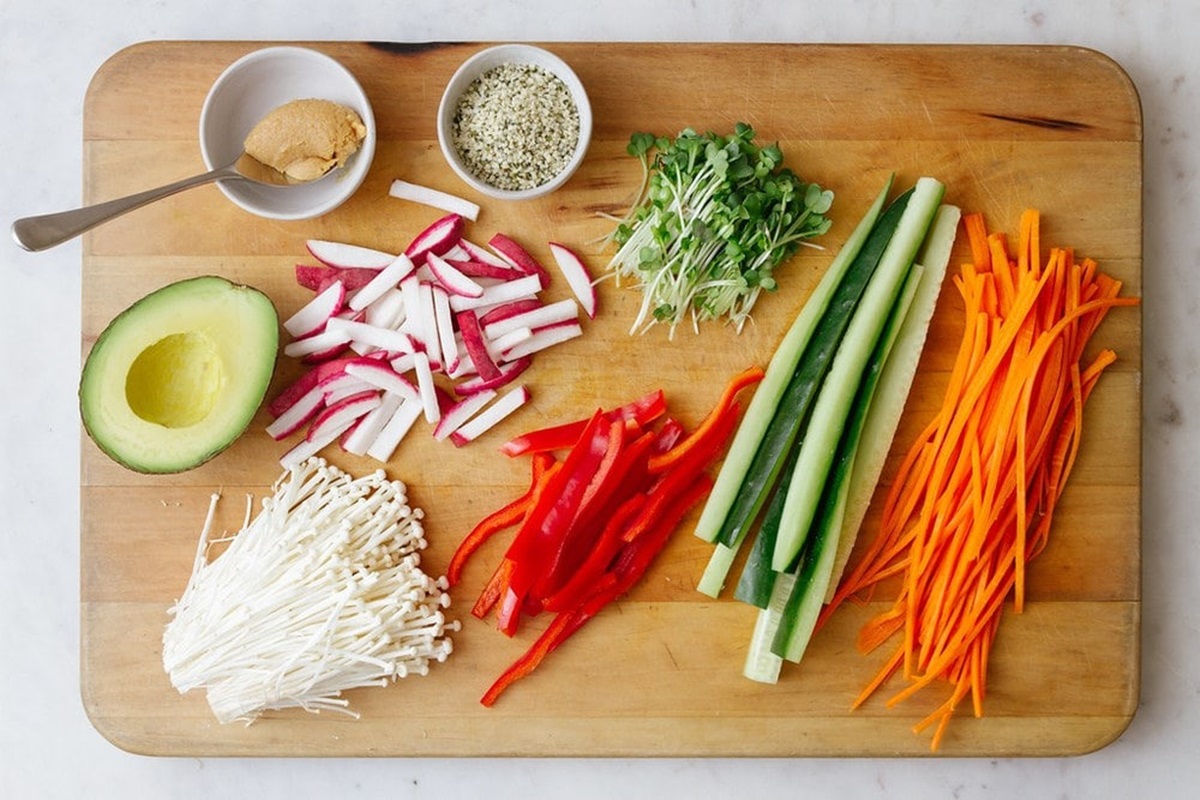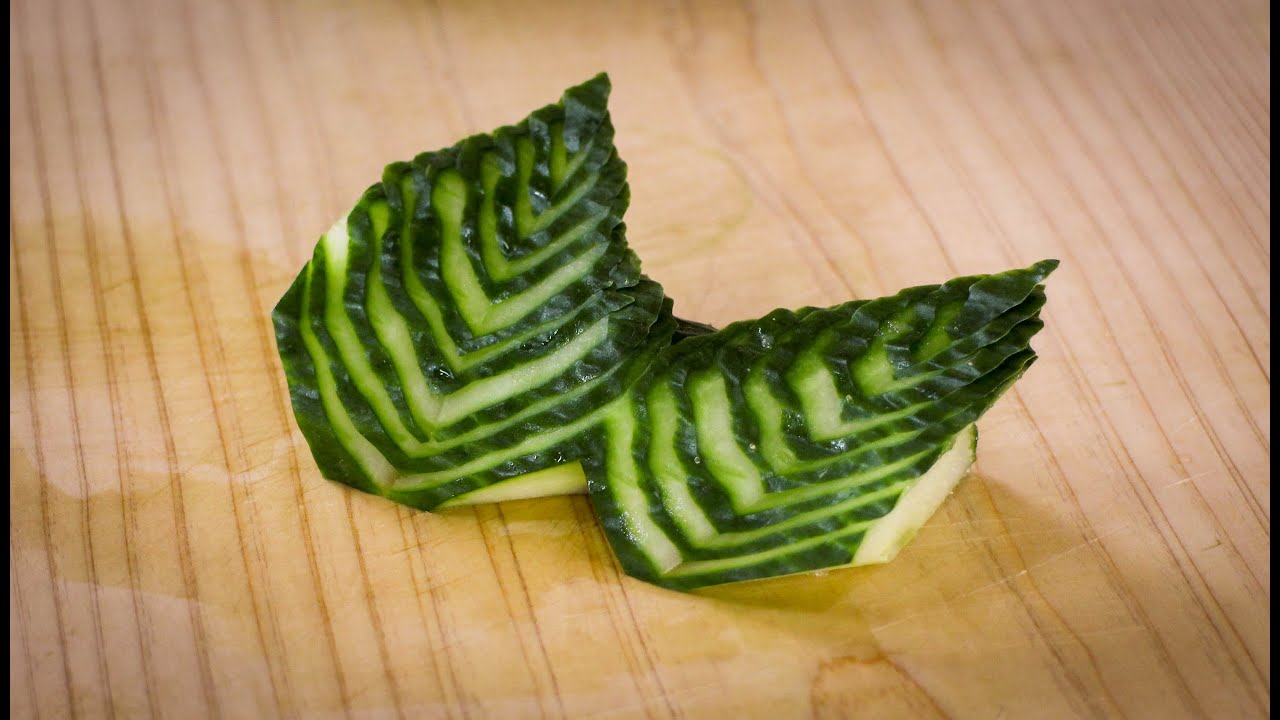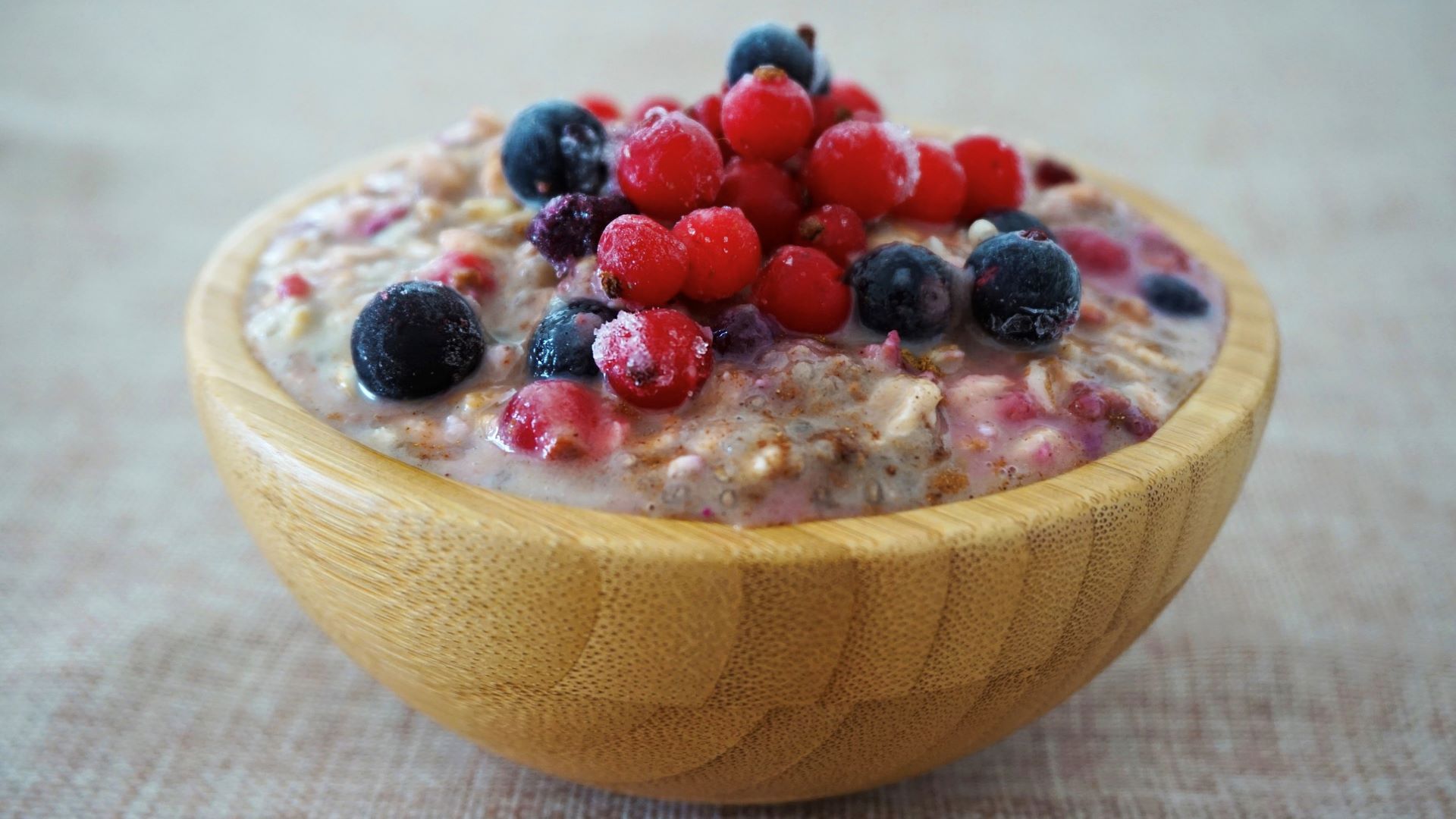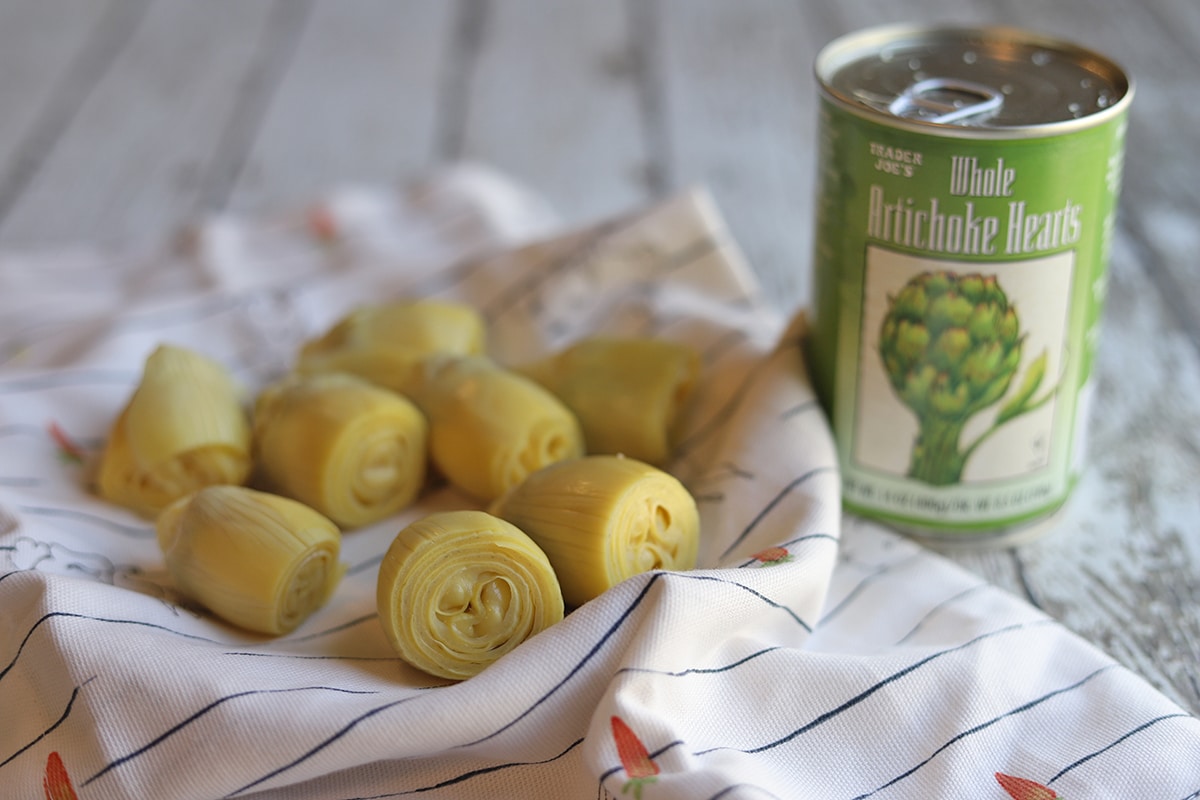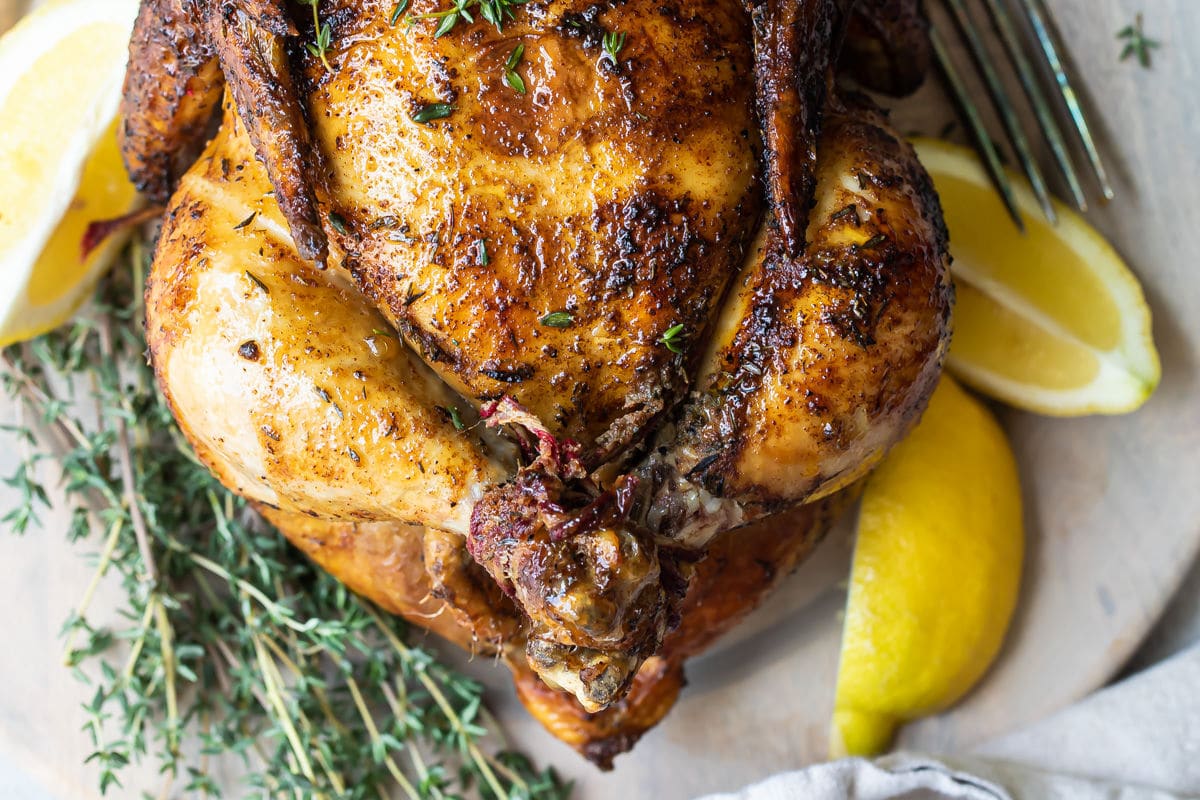How to Enjoy Carrot Seeds in Your Diet
Carrot seeds are not just for planting in your garden; they can also be a nutritious and flavorful addition to your diet. Packed with essential nutrients and a unique earthy flavor, carrot seeds can be used in a variety of ways to enhance the taste and nutritional value of your meals. Here are some creative and delicious ways to incorporate carrot seeds into your diet:
1. Sprinkle on Salads
Carrot seeds can add a delightful crunch and a hint of carrot flavor to your favorite salads. Simply sprinkle a small amount of carrot seeds on top of your salad for an extra burst of nutrition and taste.
2. Blend into Smoothies
For a nutritious boost, consider blending carrot seeds into your favorite smoothie recipe. The seeds will add a subtle earthy flavor and provide additional fiber and essential nutrients to your drink.
3. Use in Baking
Carrot seeds can be a unique and flavorful addition to baked goods such as bread, muffins, and cookies. Their nutty taste can complement the sweetness of baked treats, creating a delicious and nutritious combination.
4. Infuse in Tea
Infusing carrot seeds in hot water can create a soothing and aromatic tea. The seeds release their earthy flavor, providing a unique twist to your daily tea ritual.
5. Incorporate into Spice Blends
Ground carrot seeds can be used as a flavorful addition to homemade spice blends. Their earthy and slightly sweet taste can enhance the overall flavor profile of your favorite dishes.
6. Roast for a Snack
Roasting carrot seeds with a sprinkle of salt can turn them into a delicious and nutritious snack. Enjoy them on their own or as part of a trail mix for a satisfying and crunchy treat.
When incorporating carrot seeds into your diet, it’s important to use them in moderation. Their unique flavor and nutritional benefits can be a delightful addition to your meals, but it’s best to start with small amounts and adjust to your taste preferences.
Next time you’re looking to add a new twist to your meals, consider reaching for carrot seeds. Whether sprinkled on top of a salad, blended into a smoothie, or infused in tea, these tiny seeds can bring a burst of flavor and nutrition to your culinary creations.
Experiment with different ways of using carrot seeds in your cooking, and enjoy the unique taste and health benefits they have to offer.
